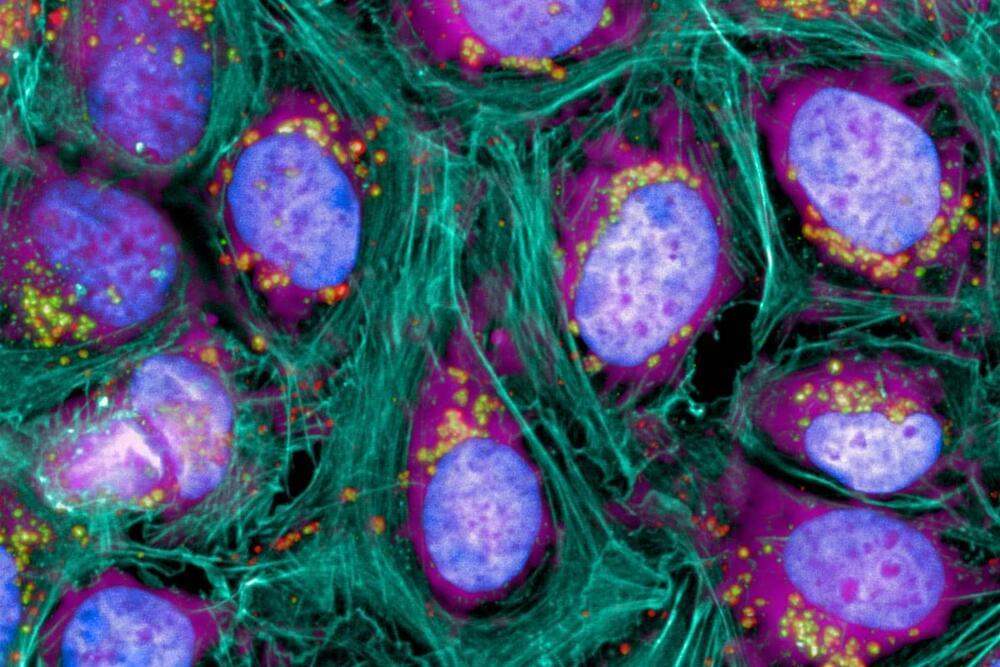Autophagy biology has emerged as a ray of hope in addressing age-related diseases such as neurodegenerative disorders. Substantial effort in academia has been directed at advancing our understanding of the field and paving the way for ground-breaking therapies. But with genuine challenges in harnessing the power of autophagy and in developing effective therapies in this disease area, how close are we to really finding the first autophagy boosting drugs…?
The devastating impact of neurodegenerative diseases such as Parkinson’s, Alzheimer’s and amyotrophic lateral sclerosis (ALS), the most common form of Motor Neurone Disease (MND), cannot be overstated. According to the WHO, neurological diseases affect over a billion people globally and are the leading cause of disability and the second leading cause of death worldwide [1, 2]. Incidence is increasing too, predominantly driven by population growth and aging. And, with no prospect of a cure, people who develop these conditions face a bleak future.
Justifiably, this disease area has been the subject of intensive research for many years and there have been some breakthroughs along the way, possibly offering hope for the development of new therapies. However, translating scientific breakthroughs into viable drugs for patients has been enormously challenging.
